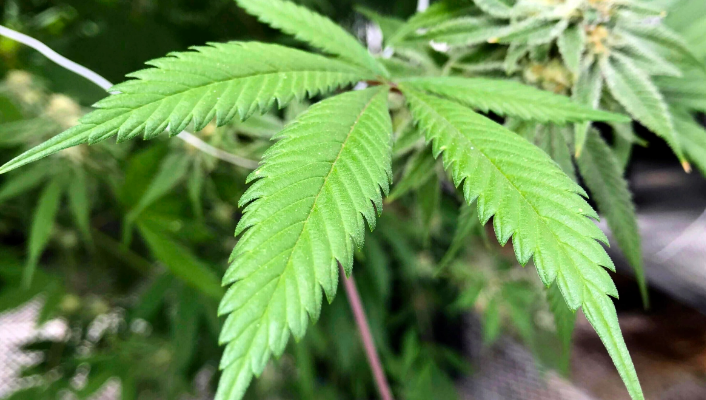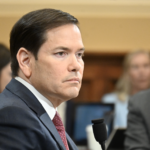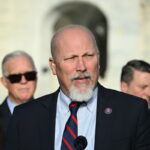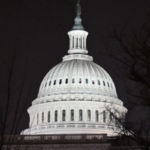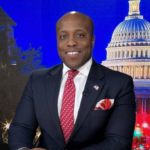Rep. Pete Sessions (R) is leading a group of Republican lawmakers in urging the Department of Justice (DOJ) to reject the rescheduling of marijuana under federal law, warning that it would harm public health and benefit criminal enterprises.
Rep. Sessions is joined by Reps. Chip Roy (R), Andy Harris (R), Robert Aderholt (R), Paul Gosar (R), Blake Moore (R), Gary Palmer (R), David Rouzer (R), and Mary Miller (R), in sending the letter to Attorney General Pam Bondi (R) outlining their objections.
The lawmakers argue that reclassifying marijuana would effectively grant a “multi-billion-dollar tax break to Big Marijuana and CCP-connected cartels operating inside the United States.”
According to their statement, industry analysts estimate that corporations could receive more than $2 billion annually in federal tax relief if marijuana were rescheduled.
In a statement, Rep. Sessions expressed that “rescheduling marijuana is bad policy, no matter the administration.” “The data is clear: marijuana is a dangerous drug that has only become more dangerous over time,” he added, affirming that lawmakers “must protect our children from predatory marijuana businesses that want to make them addicted consumers for life.”
Rep. Gosar added that the change would “risk undermining President Trump’s determination to address the growing health crisis in America by signaling that it is safe, despite clear evidence of harm.”
He went on to cite studies linking high-potency cannabis to greater risks of addiction, psychosis, anxiety, and cognitive impairment.
Dr. Kevin Sabet, who is the president and CEO of Smart Approaches to Marijuana, echoed the lawmakers’ concerns, arguing that rescheduling “would set back” anti-drug efforts and align with “George Soros’ lifelong goal of making drugs legal.”
The lawmakers emphasized that the DOJ should reject rescheduling because it would support the president’s priorities of combatting China, narco-terrorist cartels, and rising drug use across the country.
The letter comes at a time when a recent poll indicated that a majority of GOP primary voters support a THC ban in Texas.

